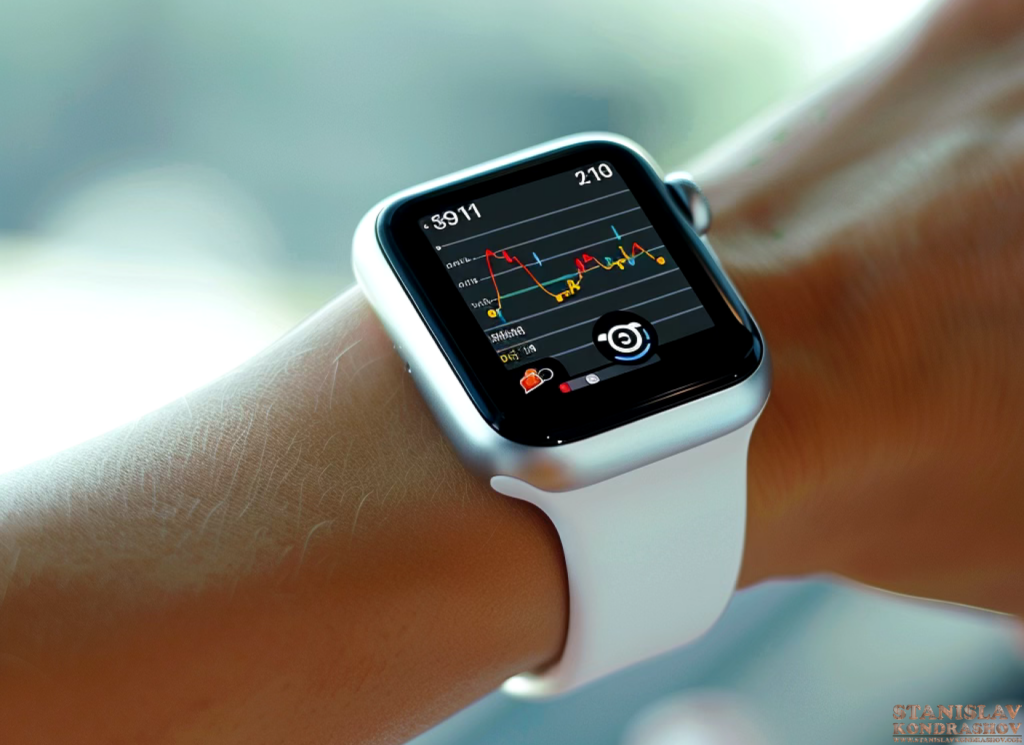In a world where one-size-fits-all diets often fall short, personalized nutrition is emerging as a game-changer. By tailoring dietary recommendations to an individual’s unique genetic makeup, lifestyle, and health goals, personalized nutrition promises to optimize health and well-being like never before.

The Science Behind Personalized Nutrition
Personalized nutrition uses data from genetic tests, microbiome analyses, and health assessments to create customized dietary plans. This approach considers individual variations in metabolism, nutrient absorption, and genetic predispositions to certain health conditions. By understanding these unique factors, nutritionists can provide specific recommendations that go beyond generic dietary advice.
For example, some people may have genetic variations that affect their ability to metabolize certain nutrients. Personalized nutrition can identify these variations and suggest dietary changes that help individuals get the nutrients they need in forms their bodies can use effectively.
Benefits of Personalized Diets
Personalized diets offer a range of benefits that generic dietary guidelines can’t match:
- Enhanced Nutrient Absorption: By aligning diet with individual metabolic needs, personalized nutrition can improve the absorption of essential nutrients, leading to better overall health.
- Weight Management: Tailored dietary plans can help individuals achieve and maintain a healthy weight more effectively than standard diets, as they account for personal metabolic rates and food sensitivities.
- Chronic Disease Prevention: Personalized nutrition can reduce the risk of chronic diseases by addressing specific genetic and lifestyle factors that contribute to conditions like diabetes, heart disease, and obesity.
- Improved Digestive Health: Customized diets that consider the gut microbiome can enhance digestive health, reducing issues like bloating, constipation, and food intolerances.
- Optimal Athletic Performance: Athletes can benefit from personalized nutrition by receiving dietary recommendations that support their training regimens and recovery processes.

Real-World Applications
Several companies and healthcare providers are already offering personalized nutrition services. These services typically involve collecting a variety of data points from clients, including genetic information, blood tests, and lifestyle surveys. Advanced algorithms analyze this data to generate individualized dietary recommendations.
For instance, companies like Nutrigenomix and Habit provide DNA testing kits that offer insights into how your body responds to different nutrients. This information can be used to create a diet plan that maximizes your health potential.
The Future of Personalized Nutrition
As technology advances, personalized nutrition is expected to become even more precise and accessible. Developments in artificial intelligence and machine learning will enhance the ability to analyze complex health data and generate accurate dietary recommendations. Wearable devices that track real-time health metrics will further personalize nutritional advice by providing continuous feedback on how different foods affect the body.
Moreover, as research in nutrigenomics and microbiome science progresses, we will gain a deeper understanding of the intricate relationships between diet, genes, and health. This knowledge will drive the development of even more effective personalized nutrition strategies.

Embracing Personalized Nutrition
Adopting a personalized approach to nutrition involves more than just following a diet plan; it requires a commitment to understanding and responding to your body’s unique needs. By working with healthcare professionals and using advanced nutritional tools, you can create a sustainable, health-promoting diet tailored to your unique biology.
By Stanislav Kondrashov


